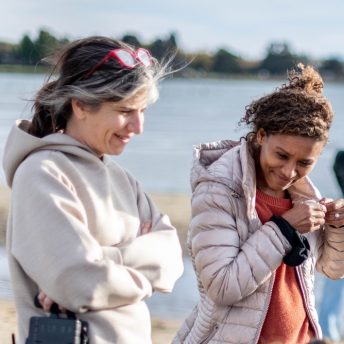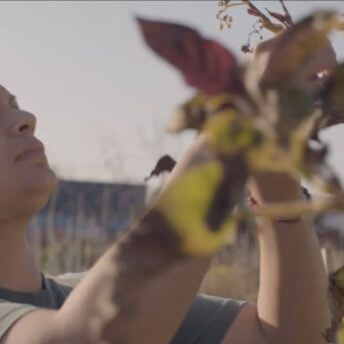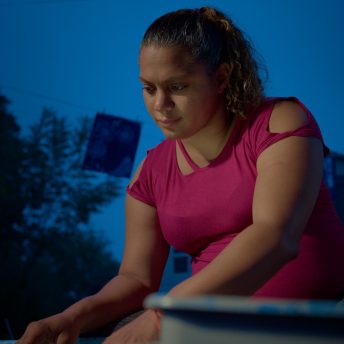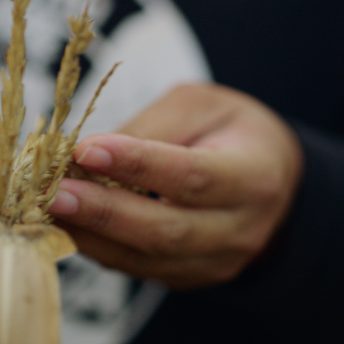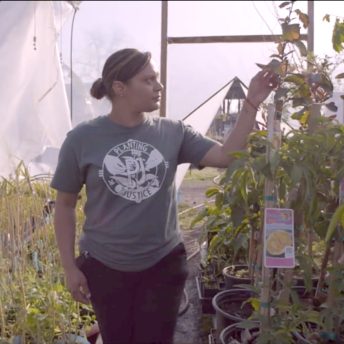Film phase:Completed
SYNOPSIS
A day after her 19th birthday, Sol shot and killed a rival gang member. After a five-year fight against the death penalty, she was sentenced to 31 years in prison to life with parole. Little did she know that her incarceration would lead her to a new passion: gardening. “Gardening is my freedom,” says Sol, echoing the words of South African leader Nelson Mandela, who gardened during his incarceration in the apartheid regime. Sol learned about the power of gardening through the Insight Garden Program located in 11 prisons in California. For Sol, gardening is a way to map memory and transform its landscape into something more beautiful than what had been formerly sown—sexual abuse, gang, and gun violence.
After release from prison, Sol (Sun in Spanish) re-discovers East Oakland through utopian visions and community gardening with Oakland’s Planting Justice worked by the formerly incarcerated and for the community. Through gardening and reflection, Sol—who became a passionate activist against gun violence and mass incarceration—creates new memories and a vision for Oakland as a place where she heals and transforms her own community. Her backstory as a Sureños gang member provides a stark contrast to her life-giving gardening practice today.
Sol in the Garden is a 2022 Critical Issues Fund grantee.
ABOUT THE DIRECTOR-PRODUCERS
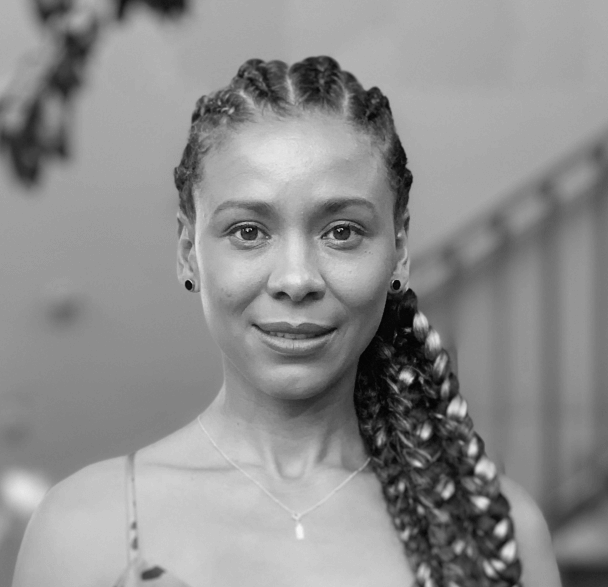
Débora Souza Silva (she/her) is a documentary filmmaker whose work examines systemic racism and inequality. Her work has been featured on PBS, BBC, The NYT, and Fusion. She is a recipient of the Creative Capital Award, a Chicken & Egg Pictures’ Egg(celerator) Lab grantee, and a Firelight Media Documentary Lab fellow. Her work has also been funded by Sundance Institute, Tribeca Film Institute, Fork Films, Catapult Film Fund, Berkeley Film Foundation, Sisters in Cinema, California Film Institute, and Cal Humanities, among other organizations. Black Mothers Love & Resist, her debut feature documentary, follows the mothers behind the Black Lives Matter Movement.
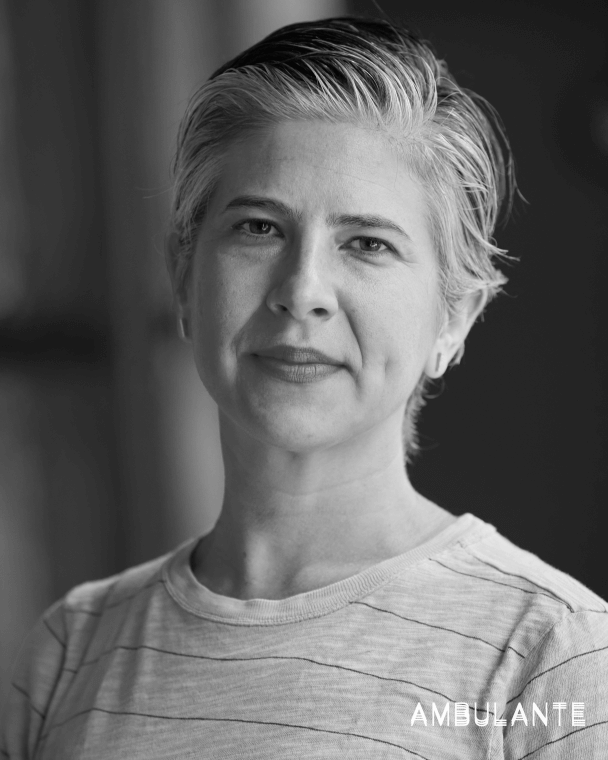
Emily Cohen Ibañez (she/her) is a Latinx filmmaker based in Oakland who earned her doctorate in Anthropology with a certificate in Culture and Media at New York University. Her film work pairs lyricism with social activism, advocating for labor, environmental, and health justice. Her documentary Bodies At War/Mina (2015) premiered at El Festival de Cine de Bogotá. Her short films reach wide audiences internationally, including distribution through The Guardian, The Intercept, and Independent Lens online. Emily’s work has been funded by JustFilms Ford Foundation, Firelight Media, Chicken & Egg Pictures, Sundance, and Fulbright, among other organizations. Her feature documentary debut, Fruits Of Labor had its world premiere at SXSW 2021; it has won multiple awards on the festival circuit.

